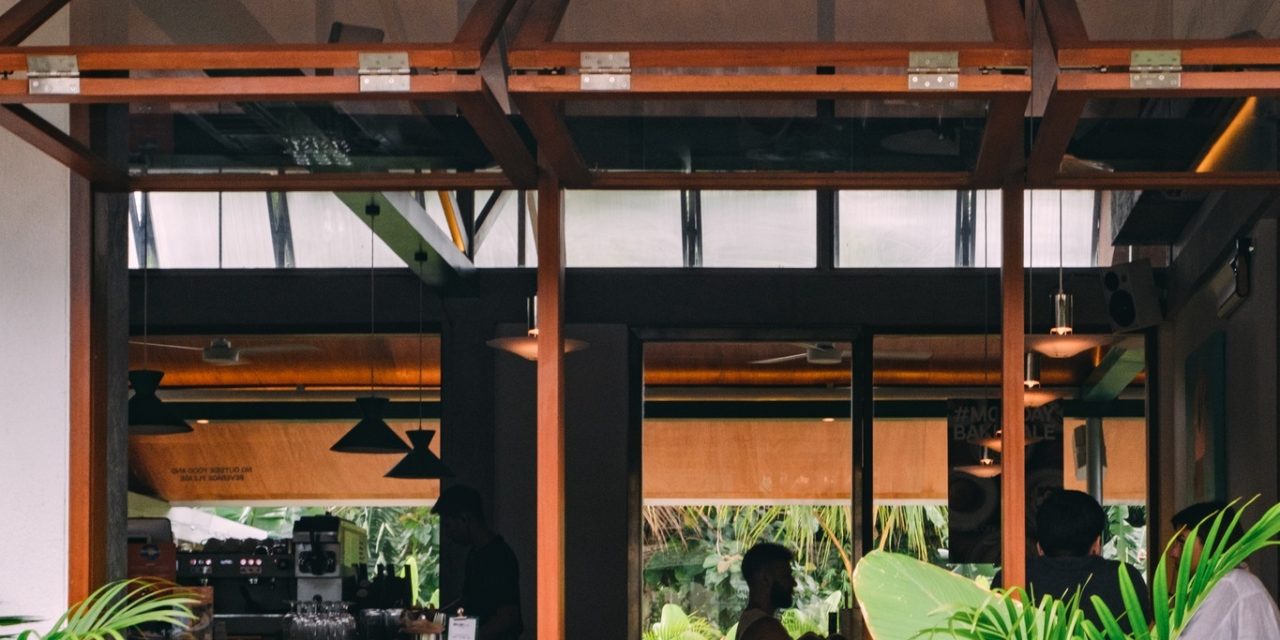Ah, Bali! The Island of the Gods. With its lush landscapes, stunning beaches, and rich cultural heritage, it’s no wonder Bali attracts millions of travelers each year. But beyond the sun-soaked shores and yoga retreats lies a tapestry of cultural festivals that truly embody the spirit of this enchanting island. As I wandered through the vibrant streets and participated in the ceremonies, I found not just a destination, but a diverse living culture that pulsates with life. Join me on this journey as I share insider insights, relatable anecdotes, and practical tips for navigating Bali’s colorful festivals.
The Essence of Balinese Culture
Before diving into the specifics, it’s essential to grasp the essence of Balinese culture. Bali is predominantly Hindu, and its festivals reflect a unique blend of spirituality, community, and tradition. Each celebration is steeped in rituals, music, dance, and, of course, food. As I attended my first ceremony, the energy was infectious—a vibrant explosion of color, sound, and devotion. You can’t help but feel a sense of wonder and joy.
Major Cultural Festivals in Bali
1. Nyepi: The Day of Silence
Imagine arriving in Bali during Nyepi and being greeted by the prospect of a day dedicated to complete silence. “What’s the fun in that?” you might wonder. But trust me, it’s a fascinating experience.
On Nyepi, the island shuts down completely—no flights, no traffic, no lights. It’s a day of self-reflection, fasting, and meditation. I found solace in the stillness, taking the opportunity to reflect on my own life and practices. The day before Nyepi, the streets come alive with the Ogo-Ogo parade, where floats representing demons are paraded and eventually burned to symbolize the banishment of negative spirits. It was both eerie and spectacular to see the giant, intricately crafted statues come to life in the hands of locals.
Practical Tip:
If you plan to be in Bali during Nyepi, ensure you have snacks and essentials stocked up beforehand. The day can feel long, but it’s a transformative experience that you’ll cherish.
2. Galungan and Kuningan: Celebration of Goodness
Galungan is another monumental festival celebrated every 210 days, marking the victory of dharma (good) over adharma (evil). As I walked through the streets, I was entranced by the majestic penjor—bamboo poles elegantly decorated with fruits and flowers lining the roads.
One of my fondest memories during Galungan was seeing local families preparing offerings. The smell of incense filled the air as I was invited into a family compound, where they made elaborate offerings together. It was heartwarming to witness the bond between generations, passing down traditions and sharing their history.
Kuningan comes ten days later, wrapping up the celebrations. It’s a day to honor ancestors, and the atmosphere becomes one of peace and gratitude unlike any other.
Practical Tip:
Participating in a local family’s offerings can be an enriching and unforgettable experience. Don’t hesitate to ask locals about their traditions; they’ll often be more than willing to share.
3. Bali Arts Festival: A Cultural Extravaganza
If you’re a fan of the arts, you absolutely cannot miss the Bali Arts Festival, held annually from June to July in Denpasar. It’s like a cultural buffet where you can sample everything from traditional dance performances to modern art exhibitions.
I remember being swept away by a kecak dance performance that recreated scenes from the Ramayana. The captivating rhythm of the chanting—hundreds of voices intertwining—sent chills down my spine. What struck me was the sense of community, with locals and visitors coming together, enthralled by the artistry on display.
Practical Tip:
Arrive early if you want good seats. There can be a large turnout, and securing a great view enhances the experience immensely!
4. Tumpek Sewa: A Day for Sacred Offerings
Every 210 days, the Balinese celebrate Tumpek Sewa, dedicating their offerings to everything that grows—plants, animals, and the earth itself. I participated in a local ceremony where offerings were made to honor and show gratitude to the environment.
The highlight for me was the unique offerings crafted from palm leaves and flowers, all available for that day. If you’re looking to connect with nature and see a part of Balinese culture that often goes unnoticed, this is the festival to attend.
Practical Tip:
Bring your camera! You’ll be surrounded by stunning colors and traditions that are too beautiful not to capture.
Conclusion: Immerse Yourself in the Culture
Bali’s cultural festivals are a gateway to understanding the island’s rich heritage. Whether it’s the vibrant community during Galungan or the serene reflection of Nyepi, each festival brings a unique opportunity to engage with the people and their traditions. Be open to experiences, and don’t hesitate to step out of your comfort zone—some of the best moments are unplanned.As you plan your trip, remember that these festivals are not just events; they are heartfelt expressions of the Balinese way of life. My advice? Embrace the chaos, relish the beauty, and let the spirit of Bali sweep you away. Who knows—you might find a piece of yourself amidst the celebrations.Happy travels, dear wanderers! May your journey through Bali’s cultural festivals be just as transformative and memorable as mine.






